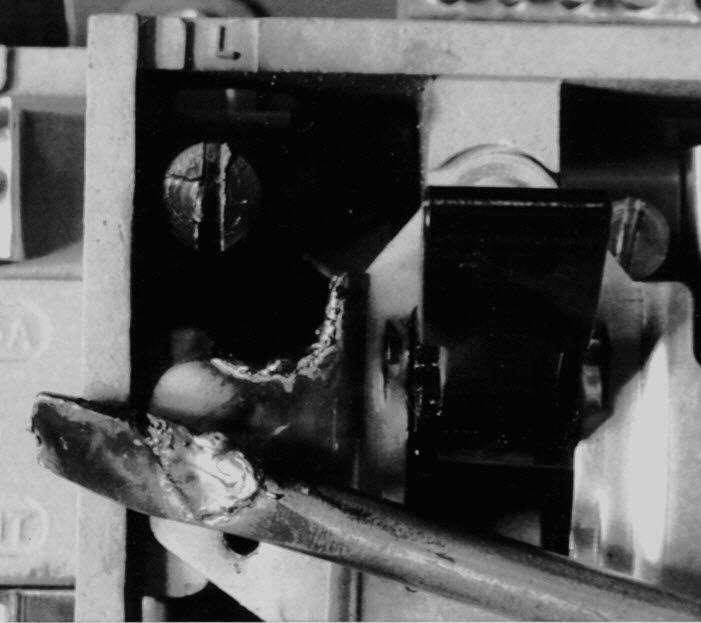Posted by Samsaranda on 01/02/2019 21:16:55:
I would disagree with the comment that 250 Vac is not very dangerous, back in the early 60’s when I was in the Air Force, a colleague of mine took a hefty 230 volt shock which nearly killed him. …
Dave W
Ah but Dave, your colleague wasn't killed!
By 'not very dangerous' in the context of a mains electricity, I meant that large numbers of people are shocked every year, including children and sick people, and almost all of them survive with no ill effects. While I don't imply electric shocks are safe, I do say domestic electricity isn't as relatively dangerous as many other common activities, perhaps because it's normally well contained and the pain teaches people not to repeat the experience.
The risks vary by age and country. In the west, much more likely to kill you than electricity is smoking, using the road, rich diet, booze, sport, drugs, suicide, sex, disease, or your job. Fishing is the most dangerous occupation, then construction, and farming. Professional driving isn't healthy. Many other dangerous jobs are relatively safe because sensible precautions are taken.
Although many accidents occur during ordinary life, most preventable accidents occur on the roads. Then come things like poisoning (mostly drugs and alcohol), drowning, and falls. Roofing is a dangerous occupation for youngsters, but falling gets even larger numbers of older people as we age and get wobbly! In the USA accidental discharge of firearms is a top ten killer that doesn't figure in the statistics of other developed countries. However firearms aren't as dangerous as smoking which kills over 400,000 Americans annually, or medical errors (about the same number).
Domestic electricity isn't a common cause of death or injury though it does happen. Safe enough provided you don't mess with it, and no-one should.
Dave
Tim Taylor 2.





